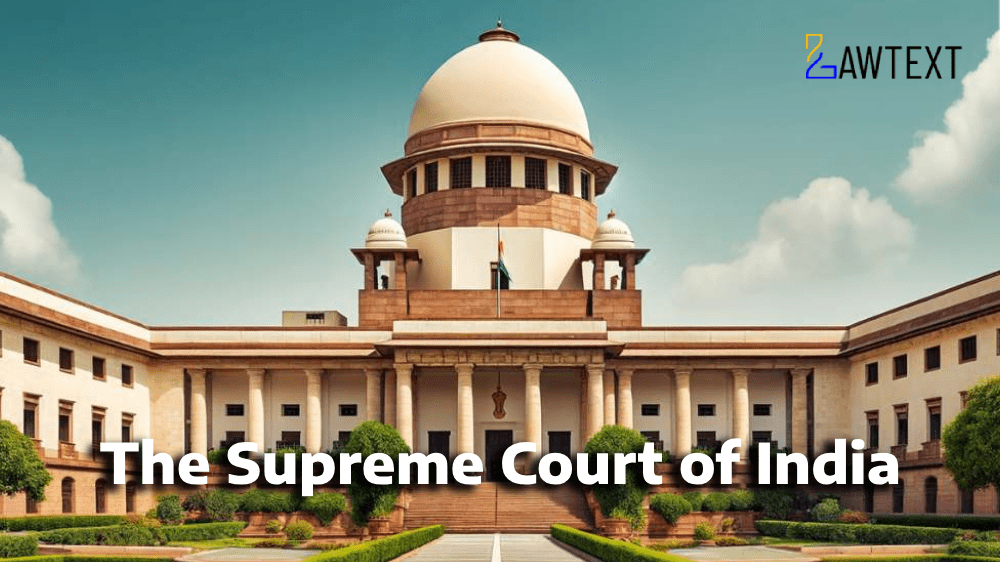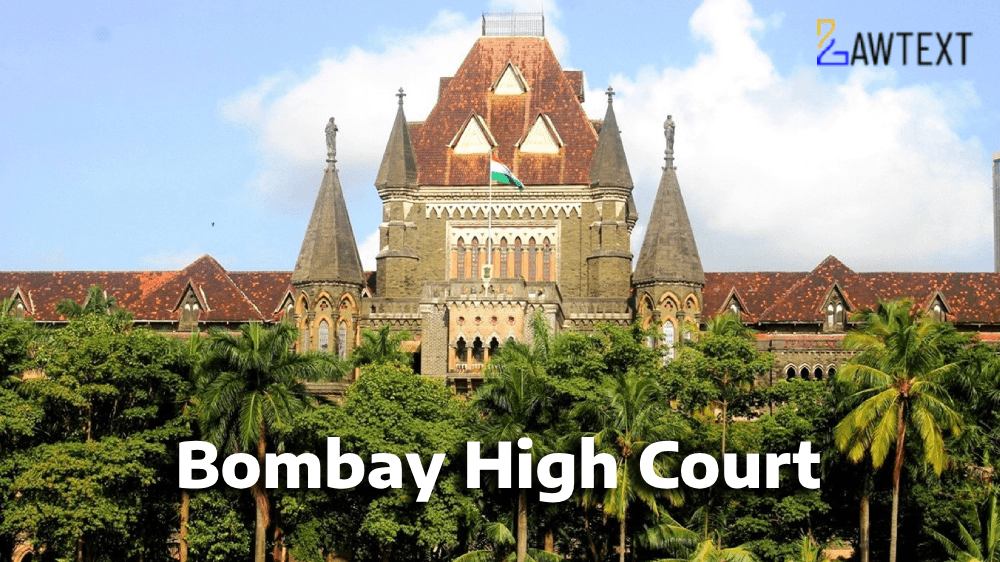Case Note & Summary
The Supreme Court ruled that a marriage registered under the Uttar Pradesh Marriage Registration Rules, 2017, based on a certificate from a private entity, is invalid if essential Hindu marriage ceremonies are not performed. The court emphasized that solemnization of marriage per Hindu customs, especially Saptapadi (taking seven steps), is essential under Section 7 of the Hindu Marriage Act, 1955. The parties agreed to nullify the marriage and settle ongoing cases.
Transfer Petition:Filed under Section 25 of the Code of Civil Procedure, 1908, the petitioner-wife sought to transfer a divorce petition under Section 13(1)(ia) of the Hindu Marriage Act, 1955, from Muzaffarpur, Bihar, to Ranchi, Jharkhand. During the proceedings, the parties filed a joint application under Article 142 of the Constitution for nullification of the marriage.
Facts of the Case:The petitioner and respondent, both commercial pilots, claimed to have solemnized their marriage on July 7, 2021, under the Uttar Pradesh Marriage Registration Rules, 2017. The parties had not completed the Hindu marriage rites and lived separately after their engagement in 2021. The petitioner filed criminal cases, including dowry harassment.
Legal Issue:The key issue was whether a marriage certificate issued by a private entity without performing essential Hindu rites, particularly Saptapadi, could validate the marriage. Both parties agreed no valid Hindu marriage occurred under Section 7 of the Hindu Marriage Act, 1955.
Court’s Observations:The court highlighted that Hindu marriages must be solemnized with appropriate rites under Section 7. The mere registration of marriage without actual performance of required ceremonies, such as Saptapadi, does not confer the status of marriage under Hindu law. The court ruled that the registration of the marriage was invalid, declaring both the marriage and certificates null and void.
Order and Settlement:The court allowed the joint application under Article 142, declaring the marriage void and quashing all pending legal cases between the parties. These included the divorce petition, maintenance case, and criminal case for dowry harassment.
Legal Sections Discussed: Section 7 of the Hindu Marriage Act, 1955 - Mandates the performance of essential rituals like Saptapadi for valid Hindu marriage. Section 8 of the Hindu Marriage Act, 1955 - Concerns the registration of Hindu marriages, which only applies if the marriage is valid under Section 7. Article 142 of the Constitution of India - Empowers the Supreme Court to provide complete justice in matters before it. Ratio Decidendi:A valid Hindu marriage requires solemnization through appropriate ceremonies and rites. The registration of marriage, based on mere declarations without performing such rituals, does not confer legal recognition of marriage under the Hindu Marriage Act, 1955.
Issue of Consideration: DOLLY RANI VERSUS MANISH KUMAR CHANCHAL
Premium Content
The Issue of Consideration is only available to subscribed members.
Subscribe Now to access critical case issues





